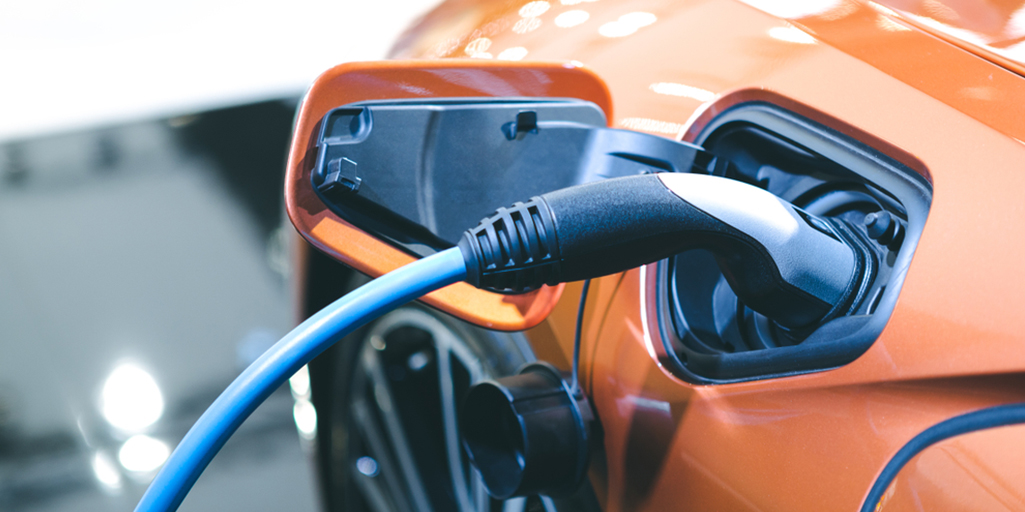Electric cars are part of China’s future. Or at least that’s the goal of the Communist Party there. The People’s Republic of China knows that technological development is important and has thus included it in its latest five-year plans (2015 and 2021). And the second plan (which runs until 2025), makes clear that part of the country’s economic strategy includes developing technologies that contribute to ‘green’ growth.

In this context, the importance of electric vehicles in the Asian giant is not much of a surprise. With more than 7.8 million electric vehicles sold as far as 2021, China is already the leader in the number of vehicles that don’t depend on fossil fuels to power them.
Nevertheless, in spite of these astounding figures (in the EU only 56 million electric vehicles have been sold up to 2021), China is still far from getting a significant percentage of electric vehicles on the road: of the total number of vehicles there, only 2.6% are electric. But while this percentage remains low, in 2022 they represented 25% of the new vehicles registered in that country.
Xi Jinping’s party knows that the development of the technology and industry of electric vehicles depends on the efforts of the State. That’s why, from 2009 to 2020, it applied a program of subsidies for the purchase of electric vehicles for public transport in several Chinese cities. The support was subject to a demand that demonstrated the interest of the Chinese government in developing national electric vehicle production: companies were eligible for the economic support only if they owned the intellectual property of the vehicles they sold.
One of the fastest-growing companies in the electric car market in China, NIO, a rival of Elon Musk, can explain its success by the excellent climate for industry in China. In addition, this company has an advantage over its international competitors: it is supported by the Chinese public sector. In 2019, when the firm was on the brink of bankruptcy, it received a loan of nearly 1.2 billion euros from a municipal government in exchange for locating there.

In view of the bright prospects for electric cars, several competitors have appeared in recent years. The specialists in electric cars Xpeng and Li Autos have been joined by companies from other sectors, like the tech giant Baidu (the leading web browser in China) and the Chinese version of Uber, DiDi. The growth in the number of electric vehicle manufacturers in China has been so great that there are now estimated to be more than 300. By September of 2021, the market had grown so much that the government decided it was time to carry out mergers. The minister of Industry and Information Technology encouraged the sector to do this, while at the same time restructuring the market.

What’s certain is that support for electric vehicles by the world’s largest market can have some very serious international consequences. In October of 2021, China’s minister of Industry and Information Technology predicted that by 2035 electric vehicles would account for half of total sales. At present, sales of these electric vehicles in China surpass those in the rest of the world.